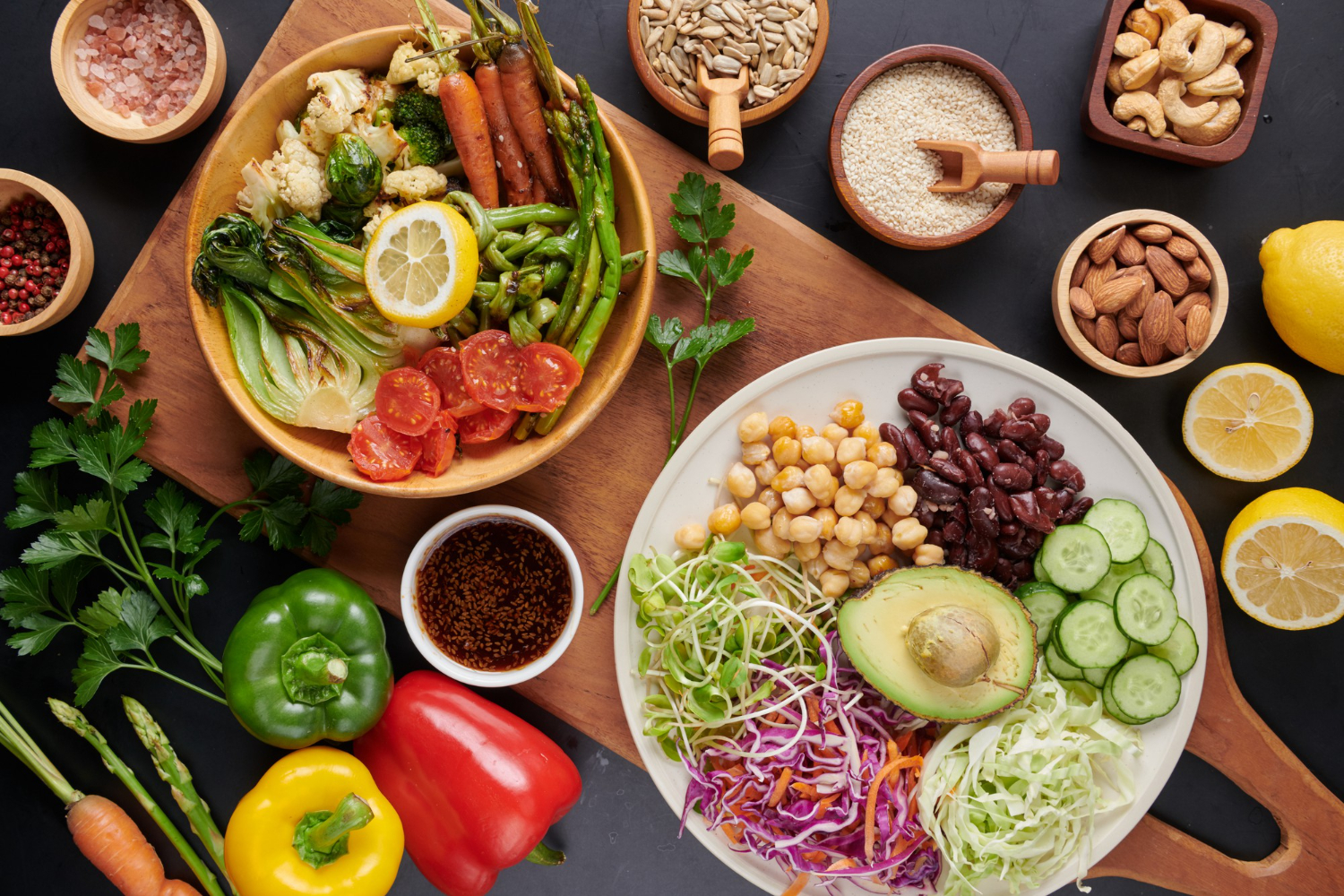Hormones are the chemicals that send messages all across the body. They may change your mood, metabolism, reproductive health, and sleep, among other things. When hormones are in balance, the body works better. Hormonal imbalances, on the other hand, may cause a wide range of symptoms, such as weariness, weight gain, mood swings, acne, trouble becoming pregnant, and even long-term disorders like polycystic ovarian syndrome (PCOS) or thyroid difficulties. There are times when online diet consultation is needed, but eating is a big component of the body’s natural process of restoring hormonal balance.
This diet for hormonal imbalance guide looks at how a hormone-friendly diet may improve your endocrine system and bring your body back into equilibrium.
Learning about hormonal imbalance
Hormonal imbalances may show up in a number of ways, such as periods that aren’t regular, weight gain or loss that doesn’t make sense, insomnia, anxiety, low libido, extreme tiredness, and chronic lethargy. These sensations might make you feel like you’re losing control, but eating is a natural and long-lasting way to deal with them, and in some circumstances, even reverse them.
Necessary Nutrients in Diet for Hormonal Imbalance
Eating the right nutrients is the first step towards getting your hormones back in balance via nutrition. Here are some of the most important diet tips for hormonal imbalance for you:
· Healthy fats
Cholesterol and fatty acids may be used to make hormones, including oestrogen, progesterone, testosterone, and cortisol. Adding healthy fats to your diet, such as monounsaturated fats and omega-3 fatty acids, may help your body make more hormones and lower inflammation. Avocados, extra virgin olive oil, almonds, nuts, and fatty fish like salmon or sardines are just a few of the great choices.
· Amino acid
Amino acids are needed to make peptide hormones like insulin and growth hormone. Protein is one source of these amino acids. It also helps keep blood sugar levels stable, which is important for hormonal health. Eating foods like eggs, chicken, lentils, quinoa, and Greek yoghurt may help keep your energy levels steady and lower cortisol spikes.
· Fibre
Dietary fibre helps the metabolism of oestrogen and keeps the stomach healthy, both of which are important for keeping hormones in balance. A healthy stomach helps the body get rid of extra hormones and makes it easier for the body to take in nutrients. High-fiber meals that help keep hormones in balance include vegetables, legumes, berries, and whole grains like oats and brown rice.
· Vegetables
Some plants, including broccoli, cauliflower, kale, and Brussels sprouts, include compounds like indole-3-carbinol that help the liver get rid of estrogen. They are especially useful for women who have estrogen dominance, which is a common problem that happens when hormones are out of balance.
· Zinc and magnesium
These two minerals are important for the thyroid to work, for making reproductive hormones, and for dealing with stress. Foods high in magnesium, such as dark chocolate, spinach, almonds, and legumes, have been demonstrated to reduce cortisol levels and ease the symptoms of premenstrual syndrome (PMS). Zinc is good for the immune system and for making testosterone. You can get it in pumpkin seeds, chickpeas, and meat.
When to Get Help from a Professional?
Some hormone problems need to be checked out by a doctor and treated, even though diet might cause big changes. If the symptoms don’t go away after changing your diet, you should contact an endocrinologist, nutritionist, or functional medicine practitioner. Blood tests may show shortages or imbalances, and personalized treatments may work faster to help.
Final Thoughts
Food is a powerful tool for getting hormones back in balance. A diet high in nutrients and complete foods supports all elements of hormonal health, such as making hormones, controlling them, and getting rid of toxins. You may help your body mend itself by paying attention to what you eat and making choices based on correct knowledge. Making little changes to your food on a daily basis may have big effects on your energy levels, emotions, metabolism, and overall health and well-being.
Your hormones take into account what you eat. If you make a smart choice, they will be thankful to you for their good health and balance.




